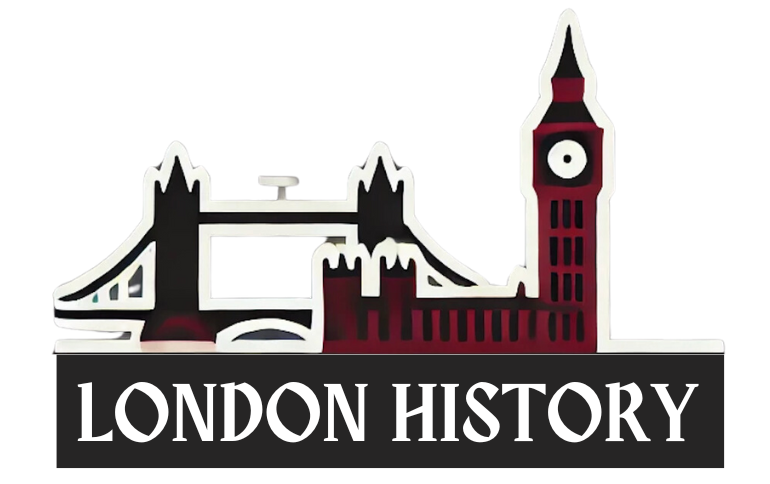The British monarchy often finds itself at the centre of various myths and misconceptions. From its role in governance to its actual influence on the public, these myths perpetuate many misunderstandings about the institution. Unveiling the truth behind these myths can offer a clearer picture of how the monarchy fits into contemporary British society.
Some believe that the monarchy wields significant political power, overshadowing the democratic institutions of the country. In reality, the monarchy’s role is largely ceremonial, with the actual governance of the nation being handled by elected officials. This misconception often sparks unnecessary debates and confusion about the true nature of the British political system.
Exploring these myths reveals that many of them may be rooted in historical contexts rather than present-day realities. The monarchy’s relationship with the public and its perceived opulence are frequently exaggerated. Debunking these myths helps to foster a more accurate and nuanced understanding of this longstanding institution.
The Role of the Monarch

The role of the monarch is defined by constitutional duties and symbolic responsibilities, which are integral to the function and unity of the state.
Constitutional Duties Over Personal Opinion
The monarch’s primary role is to act as a non-partisan figurehead within the constitutional framework. Key responsibilities include:
- Appointing the Prime Minister: Following elections or the resignation of a Prime Minister, the monarch invites the leader of the majority party to form a government.
- Royal Assent: Bills passed by Parliament require the monarch’s formal approval to become law. While largely ceremonial, it underscores the legislative process.
- Advisory Role: Regular meetings with the Prime Minister allow the monarch to be informed on governmental affairs, providing counsel based on experience.
These duties highlight the monarch’s position above political fray, ensuring continuity and stability.
Symbol of Unity and Continuity
Beyond constitutional duties, the monarch serves as a symbol of national unity and historical continuity. Key aspects include:
- National Ceremonies: Participating in events like the State Opening of Parliament and national celebrations reflects the unity of the state.
- Cultural Patronage: Supporting charities, attending public events, and representing the nation abroad boosts national morale and cohesion.
- Historical Connection: The monarchy embodies a living link to the nation’s past, fostering a sense of shared heritage and identity.
These symbolic roles reinforce the monarchy’s importance in both the nation’s cultural fabric and its governance.
Common Misconceptions
Misconceptions about the monarchy often revolve around finances, power, democracy, public access, and work ethic. These myths distort the reality of how the monarchy operates today.
Financial Burden on Taxpayers
Many believe that the monarchy represents a significant financial burden on taxpayers. In reality, the Crown Estate, which is managed independently, generates substantial revenue for the Treasury.
Additionally, funds allocated to the monarchy through the Sovereign Grant are a small fraction of the overall budget. The benefits from royal tourism and public engagement often outweigh these expenses.
Absolute Power and Privilege
It’s commonly thought that the monarchy wields absolute power and privilege. Modern British monarchy operates within a constitutional framework, limiting any direct political influence.
The monarch’s role is largely ceremonial, with key political decisions made by elected officials. Being a royal also comes with public scrutiny and responsibilities that counterbalance any privileges.
Monarchy vs. Democracy
A prevalent misconception is that the existence of a monarchy undermines democratic principles. In fact, the United Kingdom operates as a constitutional monarchy, which ensures that democratic processes and institutions are preserved.
The monarch’s role is symbolic, representing stability and continuity without interfering with the democratic governance structure.
Public Access to Palaces and Royal Sites
Some think that royal sites are completely off-limits to the public. However, many royal residences and palaces are open for tours and visits during certain times of the year.
Examples include the State Rooms at Buckingham Palace and Windsor Castle. These open-access periods allow the public to experience the historical and cultural significance of these sites.
Royal Work Ethic
Doubts about the work ethic of the royal family are widespread. Contrary to these beliefs, members of the royal family often have busy schedules filled with public engagements, charity work, and official duties.
They work to support numerous causes and organisations, raising awareness and funds. This commitment to public service is a core aspect of their roles.
